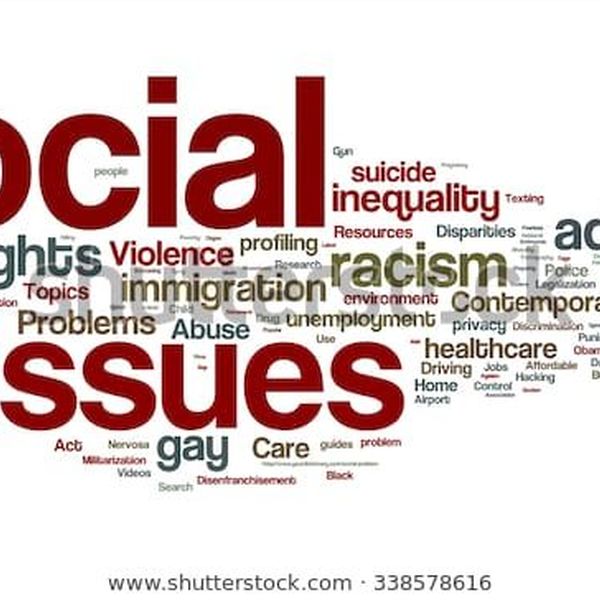Social issues have been at the forefront of human history, shaping societies, laws, and even influencing the course of entire civilizations. Whether it’s poverty, discrimination, education disparities, or any of a myriad of other concerns, social issues offer a deep well of content for insightful essays. However, tackling such broad and often sensitive subjects requires care, structure, and deep understanding. Here’s a guide to help you navigate this challenging terrain.
- Choose a Specific Issue: Social issues are vast. Start by narrowing down your focus. Whether it’s racial inequality, gender discrimination, or mental health awareness, pinpoint a specific issue to provide depth and clarity in your essay.
- Present the Facts: Base your essay on factual information. Use reliable sources like academic journals, official reports, and reputable news outlets to gather data and statistics about the chosen social issue.
- Include Historical Context: Social issues often have deep historical roots. Trace back the origins of the issue to provide a comprehensive understanding of how it has evolved over time.
- Highlight the Impact: Delve into the real-world implications of the social issue. How does it affect individuals, communities, and societies at large? What are its emotional, economic, and political ramifications?
- Discuss Possible Solutions: It’s not enough to simply highlight a problem. Discuss potential remedies, interventions, and strategies that could help mitigate the issue. This shows proactive thinking and gives your essay a constructive angle.
- Professional Help When Needed: Delving into social issues can be complex and overwhelming. If you find yourself grappling with the vastness of the topic or want to ensure your paper is thoroughly researched, remember that platforms like StudyMoose are at your disposal. With one of the best research paper writing services in the industry, StudyMoose can be an invaluable resource, aiding in crafting a well-structured and informed essay on your chosen social issue.
- Include Personal Narratives or Testimonials: Personal stories can humanize the data and statistics. If possible, include real-life accounts or testimonials to provide a more intimate perspective on the issue.
- Conclude with a Call to Action: End your essay by inspiring readers to take action or change their perspective. Challenge them to think deeper or get involved in addressing the issue.
- Review and Revise: After drafting, take the time to revisit your essay. Ensure coherence, factual accuracy, and that your arguments are compellingly presented.

